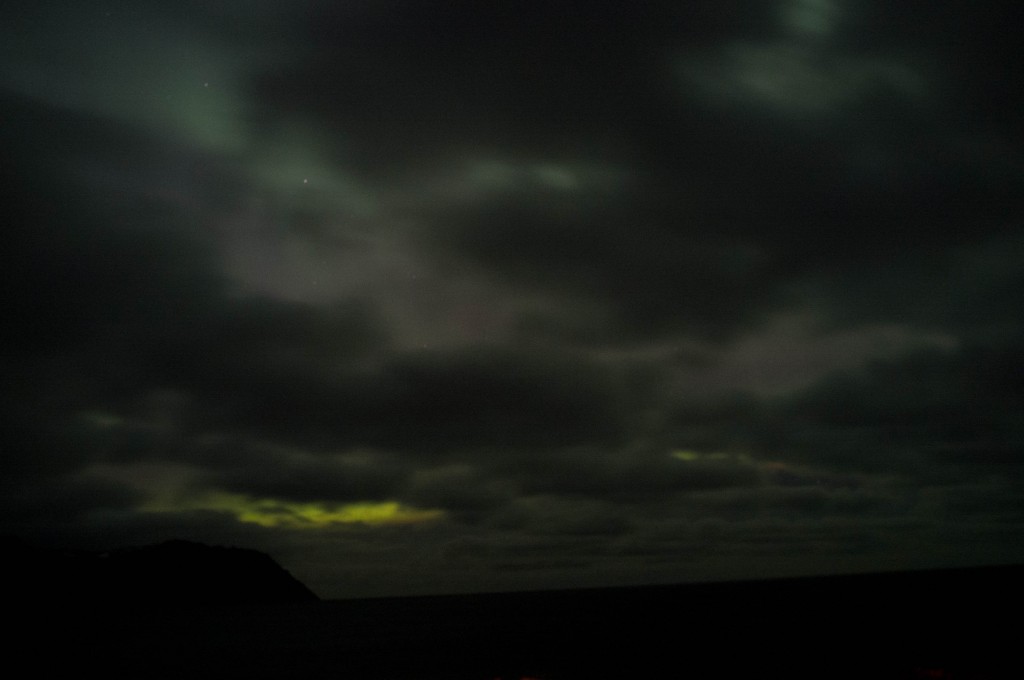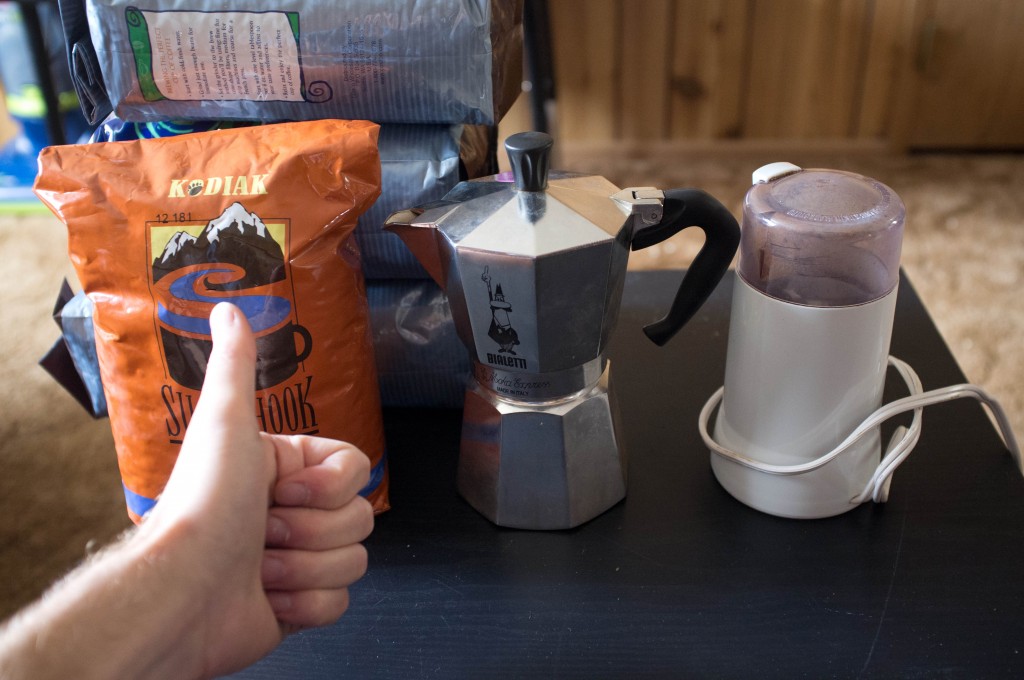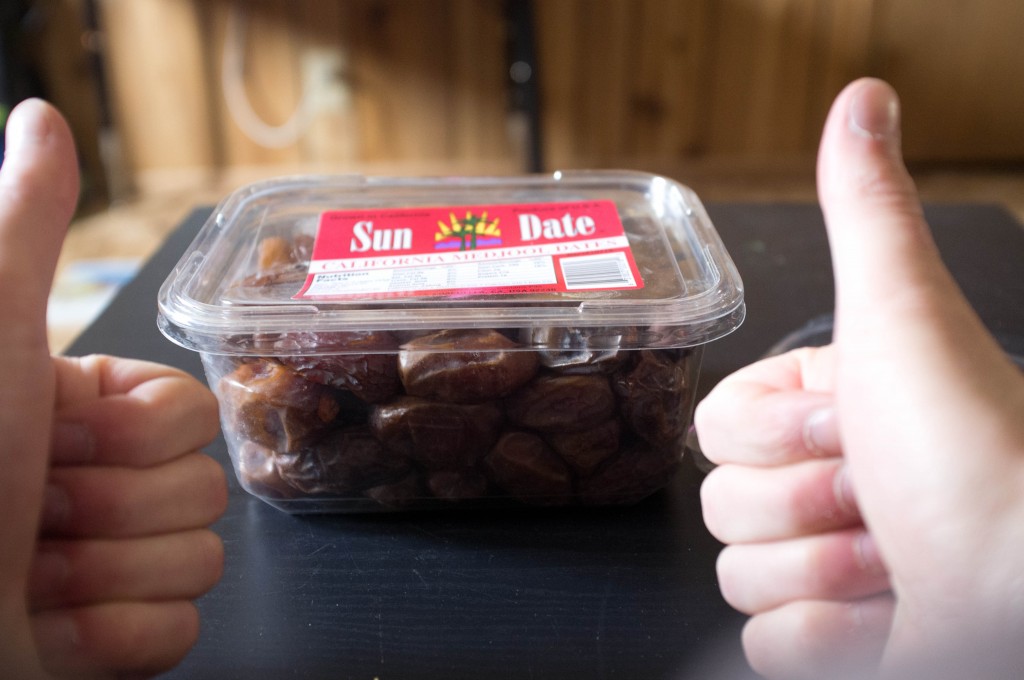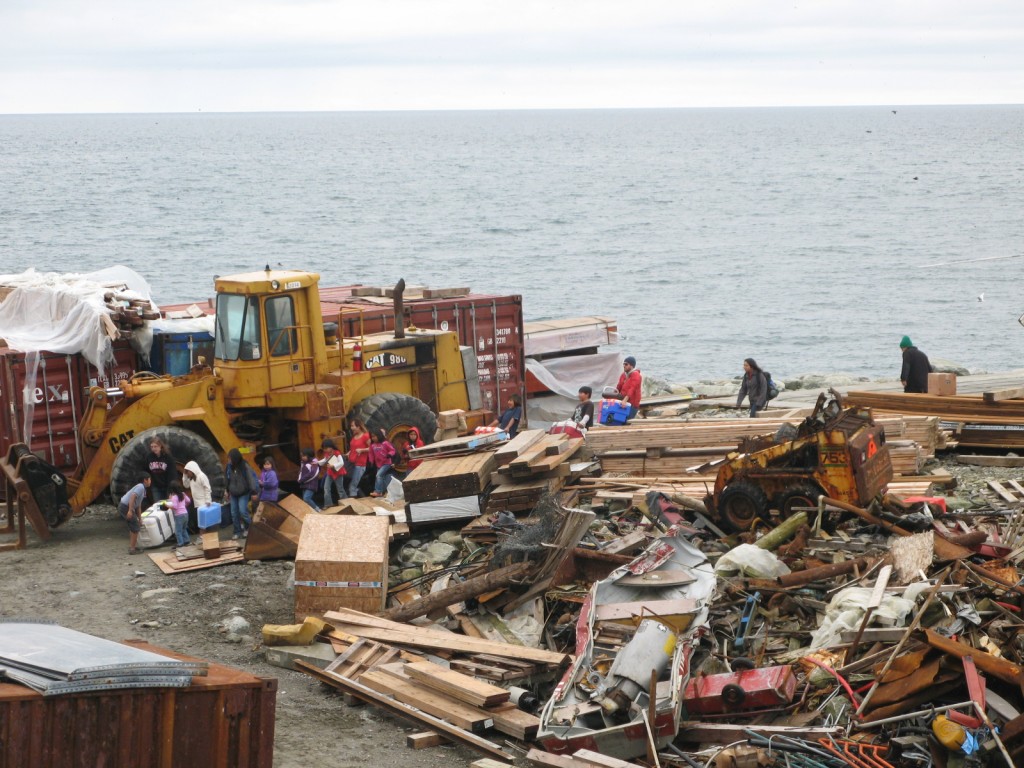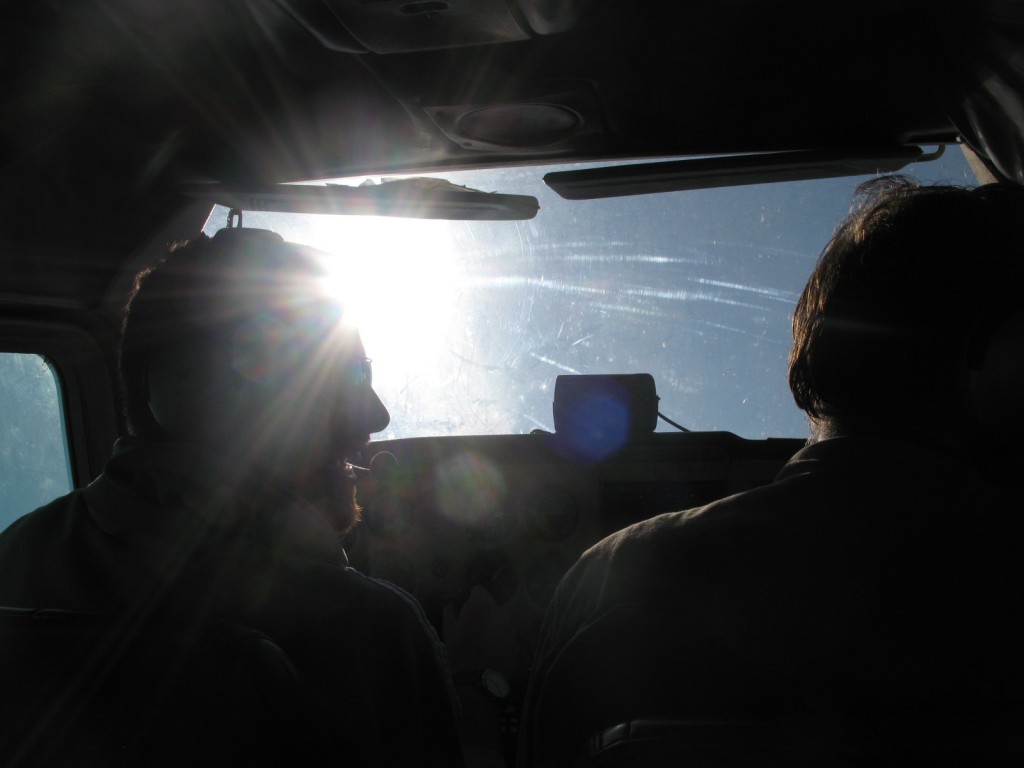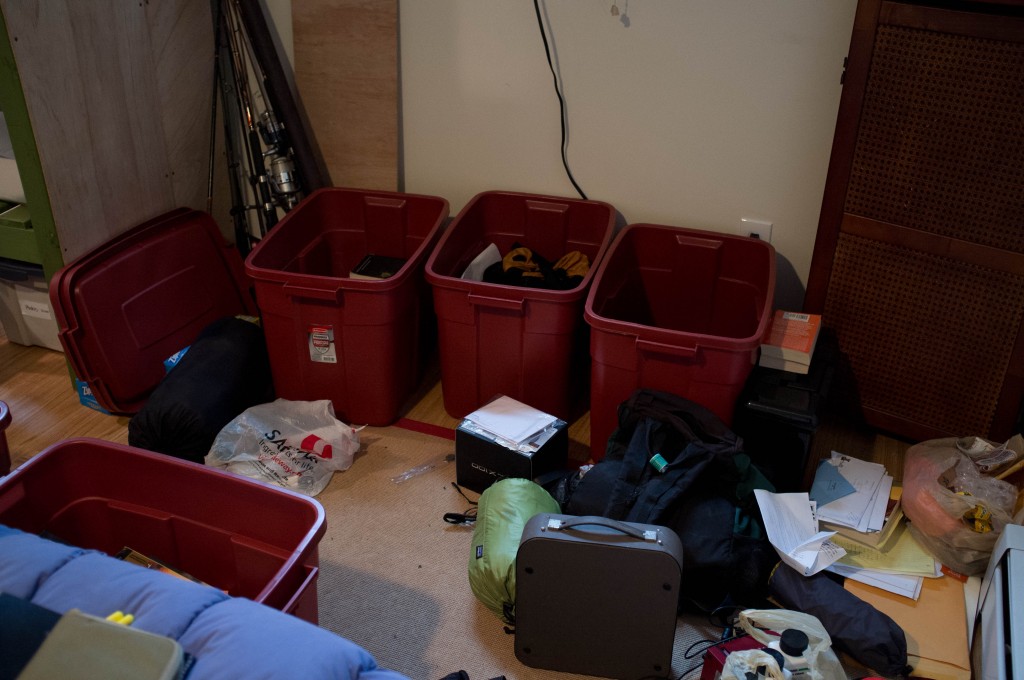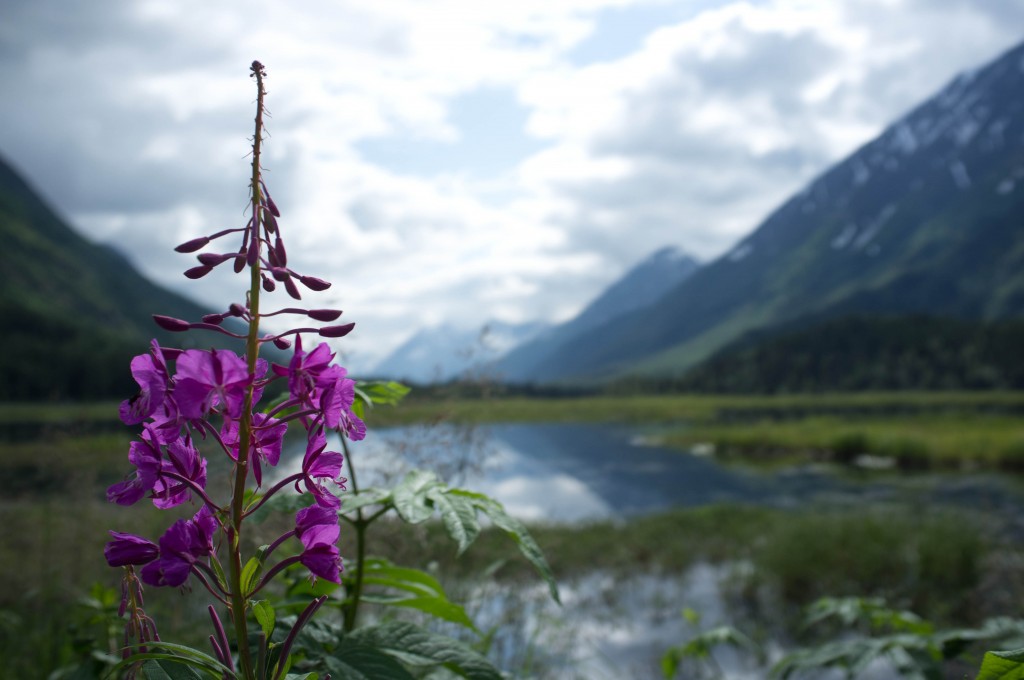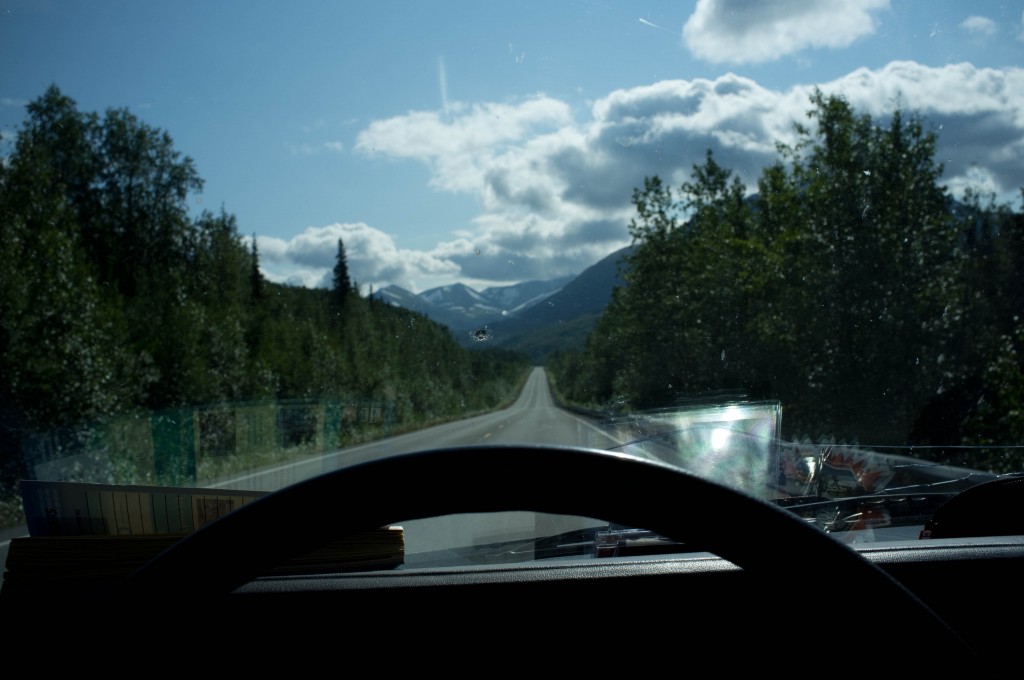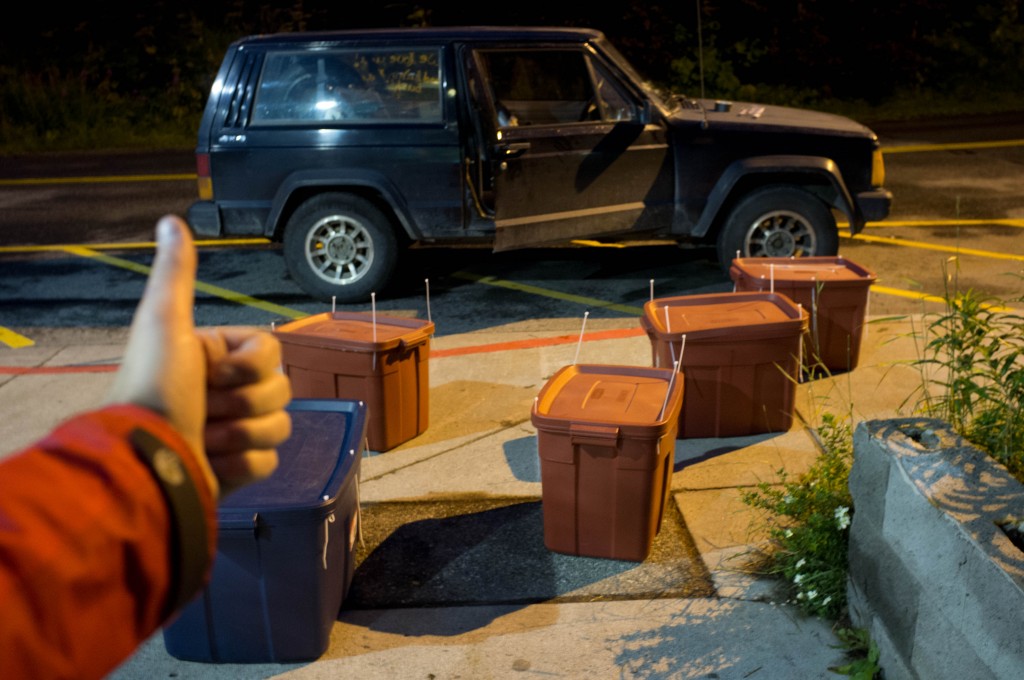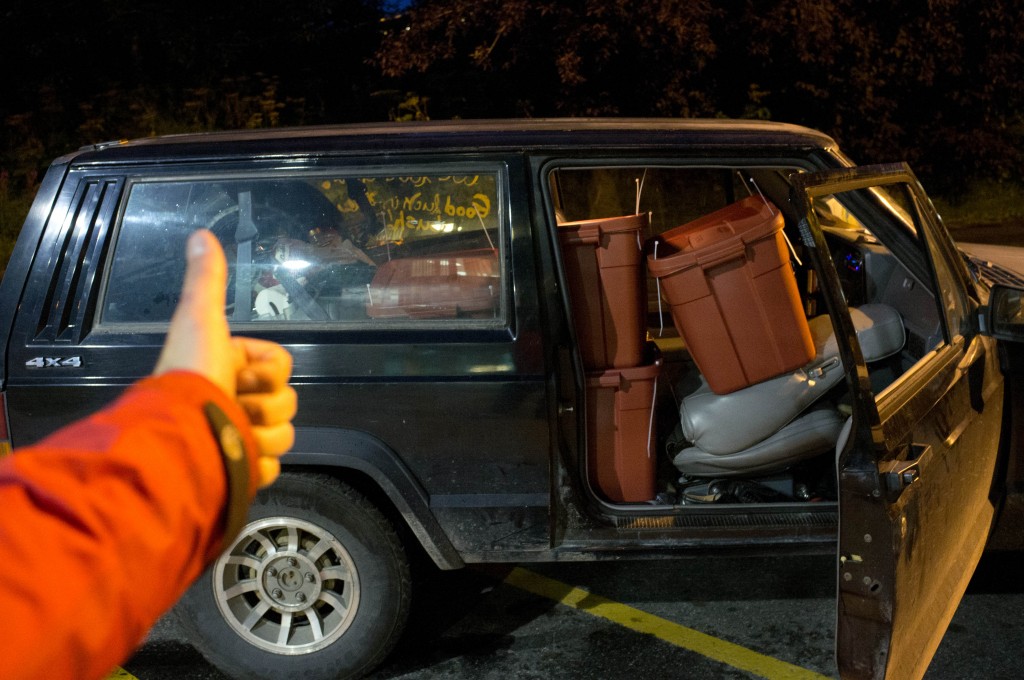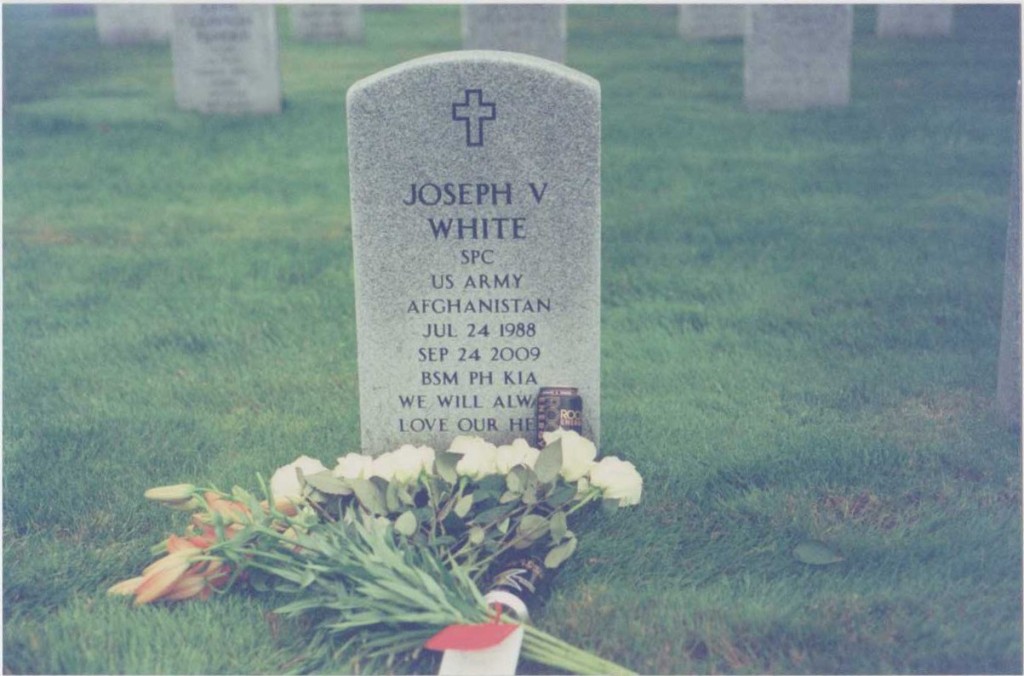Best Faulkner I’ve read yet. But I’m new at this Faulkner thing. Did I mention I’m on a high falooting literature kick? So anyways I’m new at this Faulkner thing, and everybody tells me that I won’t really get it before two or three re-reads, and for every great huge brilliantly crafted idea and relationship I saw, I could feel two or three sail by me entirely uncaught. So then likely I liked this one most because I caught a bit more. And now throw all that out the window, here’s the moral of the story for now: this book was GOOD.
Excerpts:
——
“Then let him go!” the boy cried. “Let him go!”
His cousin laughed shortly. Then he stopped laughing. “His cage ain’t McCaslins,” he said. “He was a wild man. When he was born, all his blood on both sides, except the little white part, knew things that had been tamed out of our blood so long ago that we have not only forgotten them, we have to live together in herds to protect ourselves from our own sources. He was the direct son not of only a warrior but of a chief. Then he grew up and began to learn things, and all of a sudden one day he found out that he had been betrayed, the blood of the warriors and chiefs had been betrayed. Not by his father,” he added quickly. “He probably never held it against old Doom for selling him and his mother into slavery, because he probably believed the damage had already been done before then and it was the same warriors’ and chiefs’ blood in him and Doom both that was betrayed through the black blood which his mother gave him. Not betrayed by the black blood and not wilfully betrayed by his mother, but betrayed by her all the same, who had bequeathed him not only the blood of slaves but even a little of the very blood which had enslaved it; himself his own battleground, the scene of his own vanquishment and the mausoleum of his defeat. His cage ain’t us,” McCaslin said. “Did you ever know anybody yet, even your father and Uncle Buddy, that ever told him to do or not do anything that he ever paid any attention to?”
——
“Why not?” McCaslin said. “Think of all that has happened here, on this earth. All the blood hot and strong for living, pleasuring, that has soaked back into it. For grieving and suffering too, of course, but still getting something out of it for all that, getting a lot out of it, because after all you dont have to continue to bear what you believe is suffering; you can always choose to stop that, put an end to that. And even suffering and grieving is better than nothing; there is only one thing worse than not being alive, and that’s shame. But you cant be alive forever, and you always wear out life long before you have exhausted the possibilities of living. And all that must be somewhere; all that could not have been invented and created just to be thrown away. And the earth is shallow; there is not a great deal of it before you come to rock. And the earth dont want to just keep things, hoard them; it wants to use them again. Look at the seed, the acorns, at what happens even to carrion when you try to bury it: it refuses too, seethes and struggles too until it reaches light and air again, hunting the sun still. And they–” the boy saw his hand in silhouette for a moment against the window beyond which, accustomed to the darkness now, he could see sky where the scoured and icy stars glittered “–they don’t want it, need it. Besides, what would it want, itself, knocking around out there, when it never had enough time about the earth as it was, when there is plenty of room about the earth, plenty of places still unchanged from what they were when the blood used and pleasured in them while it was still blood?”
——
Until three years ago there had been two of them, the other a full-blood Chickasaw, in a sense even more incredibly lost than Sam Fathers. He called himself Jobaker, as if it were one word. Nobody knew his history at all. He was a hermit, living in a foul little shack at the forks of the creek five miles from the plantation and about that far from any other habitation. He was a market hunter and fisherman and he consorted with nobody, black or white; no negro would even cross his path and no man dared approach his hut except Sam. And perhaps once a month the boy would find them in Sam’s shop–two old men squatting on their heels on the dirt floor, talking in a mixture of negroid English and flat hill dialect and now and then a phrase of that old tongue which as time went on and the boy squatted there too listening, he began to learn. Then Jobaker died. That is, nobody had seen him in some time. Then one morning Sam was missing, nobody, not even the boy, knew when nor where, until that night when some negroes hunting in the creek bottom saw the sudden burst of flame and approached. It was Jobaker’s hut, but before they got anywhere near it, someone shot at them from the shadows beyond it. It was Sam who fired, but nobody ever found Jobaker’s grave.
——
